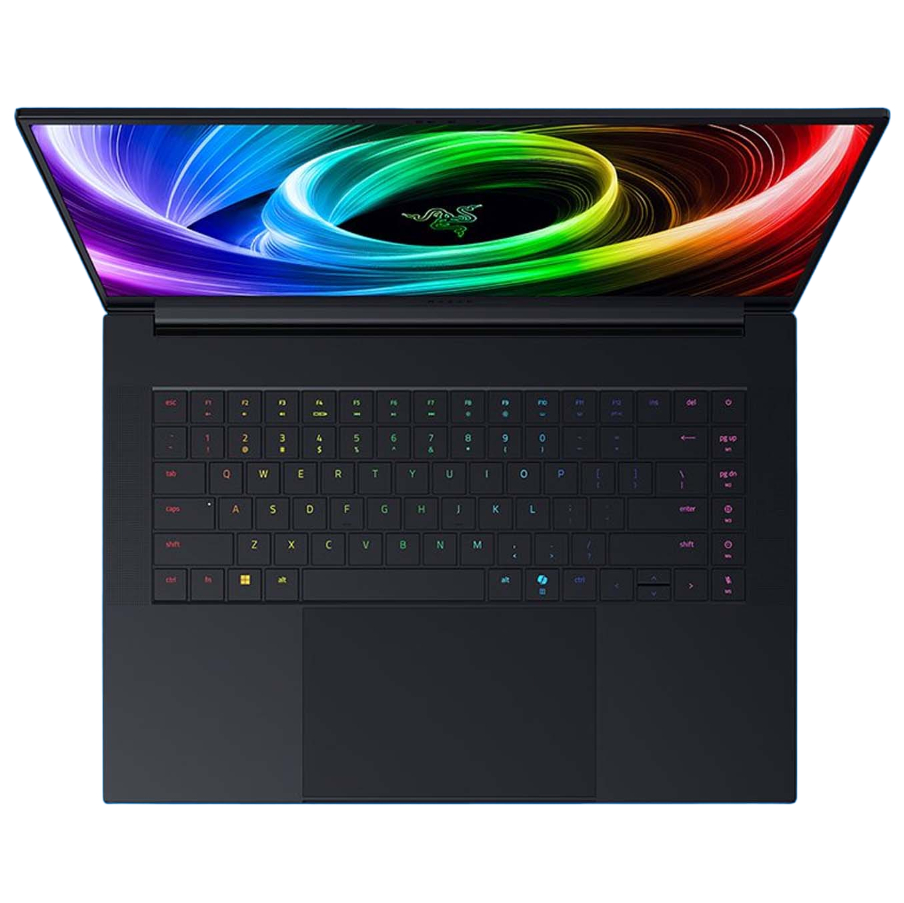China accuses the US of attacking time—or being behind a series of cyberattacks on its National Time Center, anyway
Stop the clocks, etc.

The US and China are forever accusing each other of cyberattacks, but this one might be more significant than the rest—as China says the US is behind a series of attacks on its National Time Service Center.
And while the idea of the US waging war on time itself might seem amusing, China sees the attacks as no joke, as the research facility is said to be responsible for timing services used by communications, finance, power, transport, and defence services throughout the country.
According to AP News, a post from the Ministry of State Security on WeChat accused the US National Security Agency (NSA) of exploiting vulnerabilities in the messaging services of a mobile phone brand to steal information from National Time Center employees back in 2022.
Since then, the ministry says that the NSA used 42 types of "special cyberattack weapons" to disrupt the internal network systems, and attempted to infiltrate a key timing system between 2023 and 2024—although no evidence was provided in the post to backup these claims.
"The U.S. is accusing others of what it does itself," the post continues. "Repeatedly hyping up claims about Chinese cyber threats." After discovering the breach, the ministry is said to have provided guidance to the center in order to eliminate further risks.

Claims of Chinese hacking attempts on US targets are not hard to find. Less than a week ago, a "nation-state threat actor" reported to be backed by China was accused of breaching a cybersecurity provider, and being active inside its networks for at least 12 months.
Then there was the "worst in nations history" telecoms hack in 2024, which the FBI and CISA later attributed to "PRC (People's Republic of China)-affiliated actors." Or the charging earlier this year of 12 alleged Chinese hackers who were said to have worked on behalf of China's Public and State Security Ministries to infiltrate the US Treasury, among others. Or the Microsoft SharePoint hack, also attributed to Chinese nation-state actors, which may have compromised the US Nuclear Security Administration. Or... you get the idea.
Keep up to date with the most important stories and the best deals, as picked by the PC Gamer team.
Still, it would be naive to think that, in such an interconnected world, the US wasn't attempting its own "cyber-infiltration techniques" against China in some form or fashion, and has been accused of doing so by the Chinese government in the past.
Time itself is off limits, though, surely? China being such a large country, keeping everything synched up strikes as a huge undertaking, and vital to the country's infrastructure. The headquarters of Chinese time would certainly make for a disruptive target, but won't someone think of whoever has to adjust the clocks?

1. Best gaming laptop: Razer Blade 16
2. Best gaming PC: HP Omen 35L
3. Best handheld gaming PC: Lenovo Legion Go S SteamOS ed.
4. Best mini PC: Minisforum AtomMan G7 PT
5. Best VR headset: Meta Quest 3

Andy built his first gaming PC at the tender age of 12, when IDE cables were a thing and high resolution wasn't—and he hasn't stopped since. Now working as a hardware writer for PC Gamer, Andy spends his time jumping around the world attending product launches and trade shows, all the while reviewing every bit of PC gaming hardware he can get his hands on. You name it, if it's interesting hardware he'll write words about it, with opinions and everything.
You must confirm your public display name before commenting
Please logout and then login again, you will then be prompted to enter your display name.

